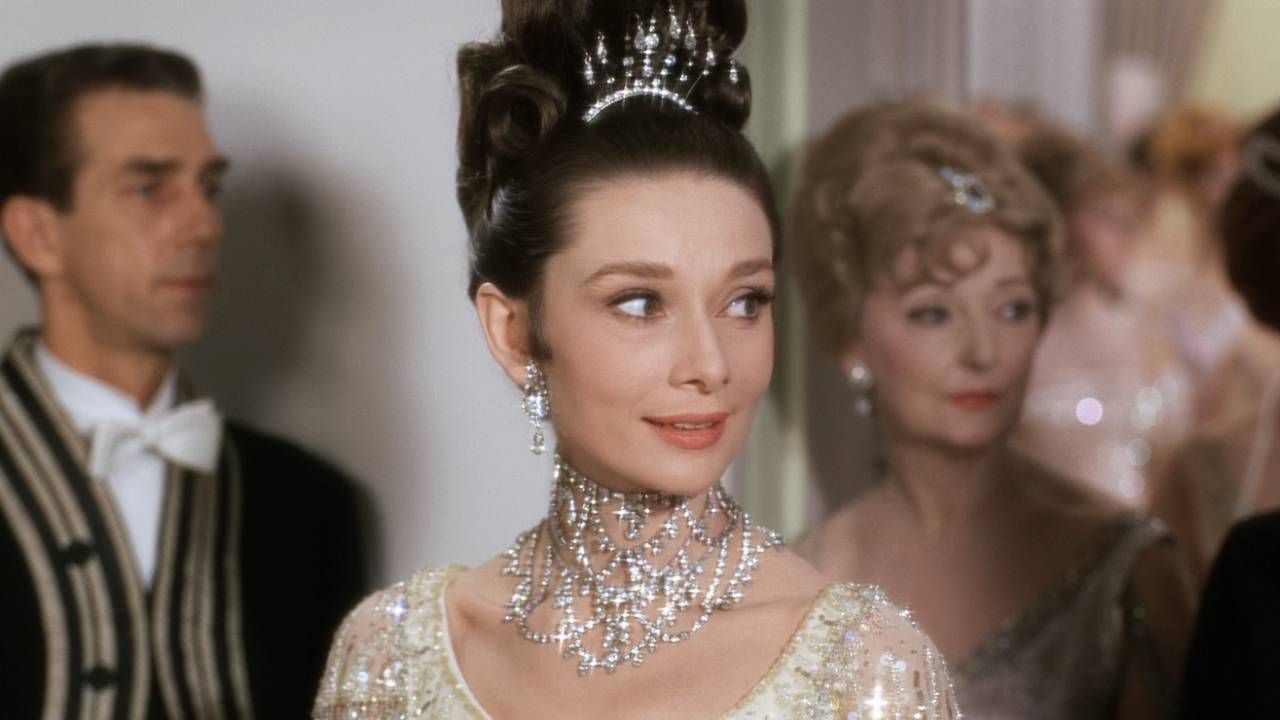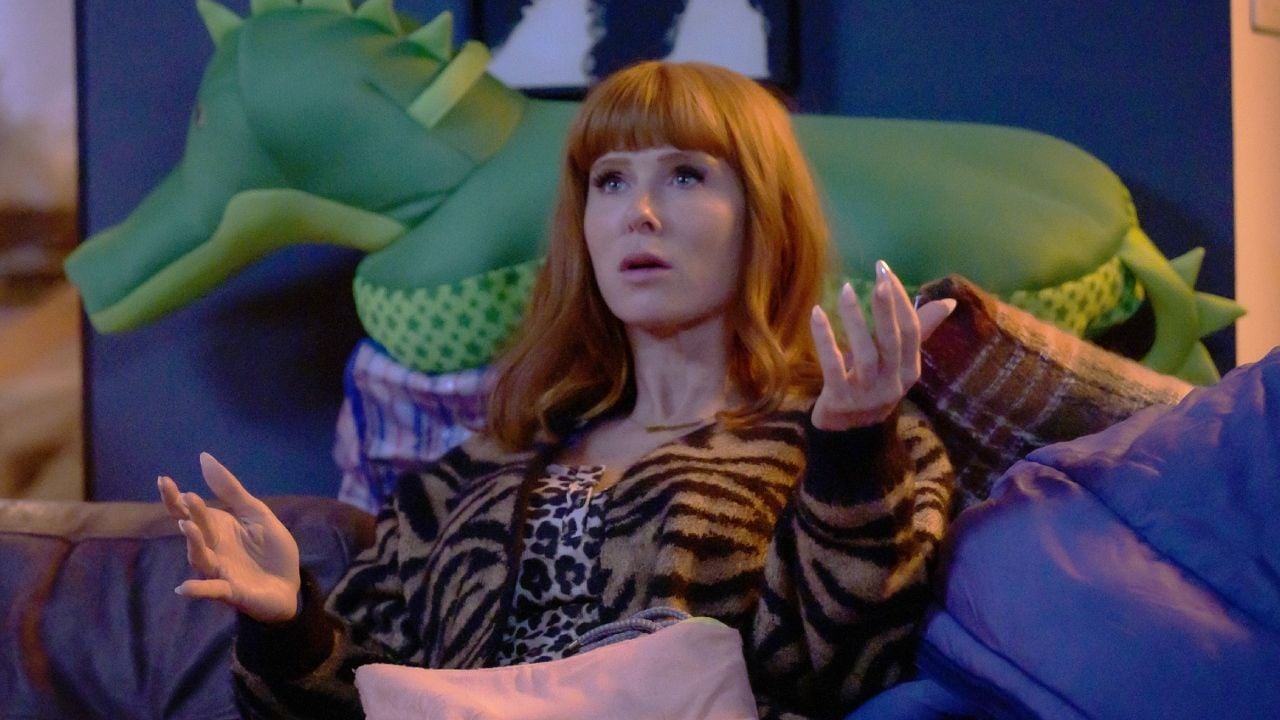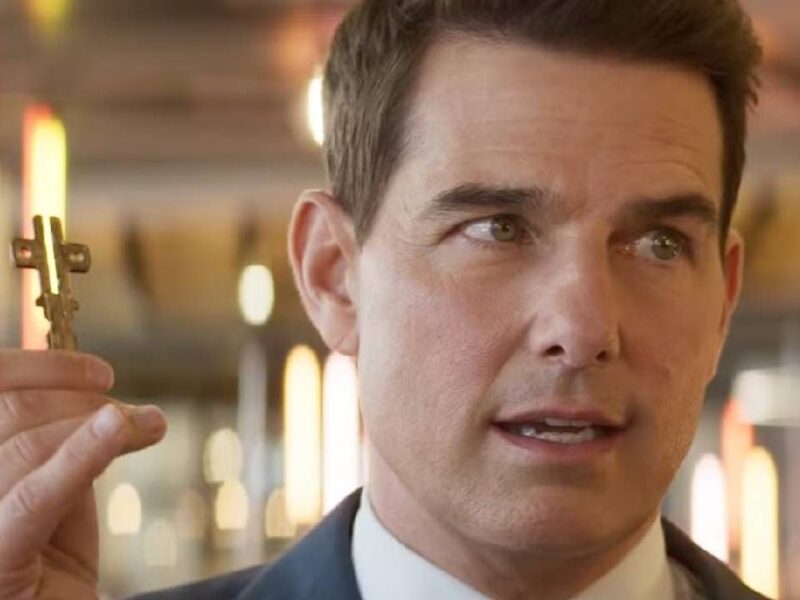Discover or rediscover this classic American cinema of the Golden Age of Hollywood, carried by an exceptional Audrey Hepburn.
It is one of the great classics in the history of cinema, and it is within the reach of all the Paramount+ and Prime Video subscribers. Even if you've never seen it, you've probably already heard of My Fair Lady, worn by Audrey Hepburn, without necessarily knowing what it was exactly.
From channel to high society balls
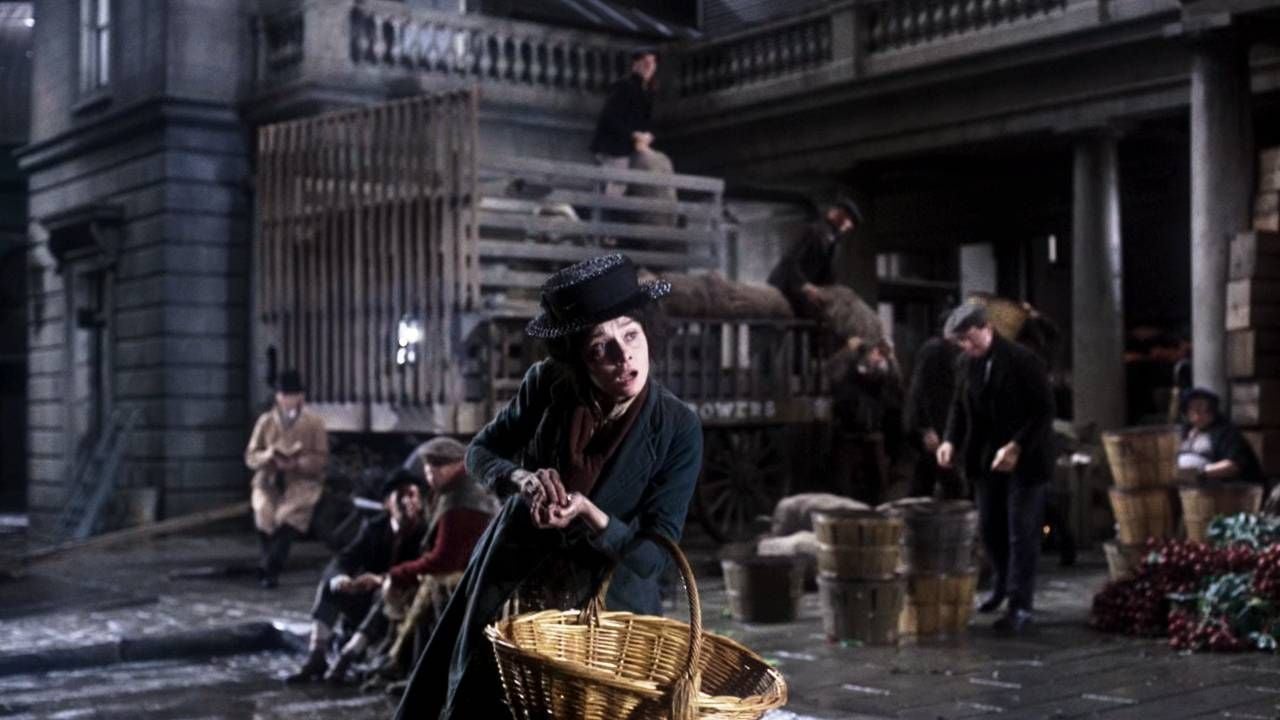
Warner Bros.
The story is that of Eliza Dolittle, a seller of flowers who lives in the street. She meets the illustrious professor Henry Higgins, specialist in diction, who boasts of being able to transform her into “lady” by making her lose his accent which he judges to cut with ax so that she can express himself as a lady of good society. Eliza takes him to the word, brings her meager nest eggs together, and comes to take her lessons. Learning is difficult, but feelings are starting to be born between the professor and his student …
Be careful, here you are faced with one of the films to have seen once in his life! My Fair Lady is the adaptation of the musical Pygmalion Signed George Bernard Shaw, and brought to the screen by the director George Cukor, to whom we seem to have given fairly substantial means.
Audrey Hepburn will be preparing a lot to ensure the sung scenes herself, so that the studio does not allow her to sing on the screen and doubled her by Marni Nixon (also Natalie Wood in West Side Story). The reason? The songs were not adapted to the Hepburn range, and were not reworked to match it.
A social ascent at 8 Oscars
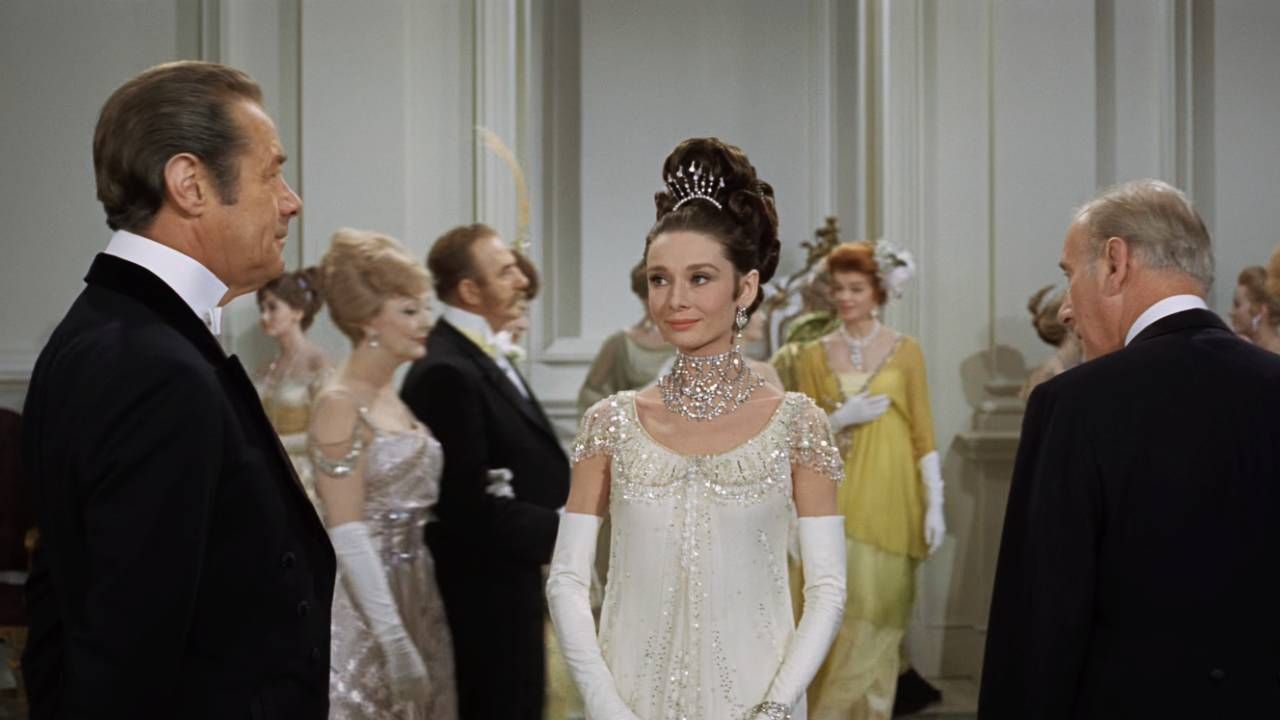
Warner Bros.
Story on social ascent and perpetuating myth now disputed From the Pygmalion, My Fair Lady offers sensational paintings, such as the scene of the racetrack or that of the ball, large -scale moments only allowed by the golden age of Hollywood. The film will win eight Oscars, including that of the best film.
For the anecdote, in the play, Rex Harrison gave the reply to Julie Andrews (future figure of the melody of Happiness and Mary Poppins). The producers decided to keep the British actor in the casting, but not to engage Andrews on the grounds that she is not a fairly large star. So they preferred to him Audrey Hepburn, then a huge star. The latter was not appointed to the Oscar, and Andrews won the prize for best actress for Mary Poppins.

